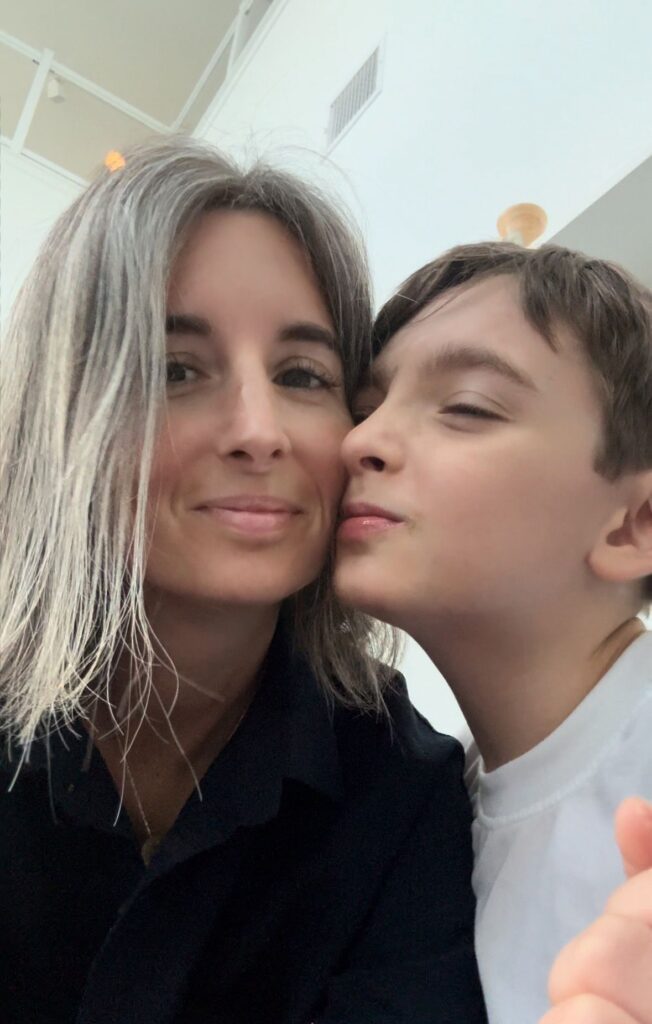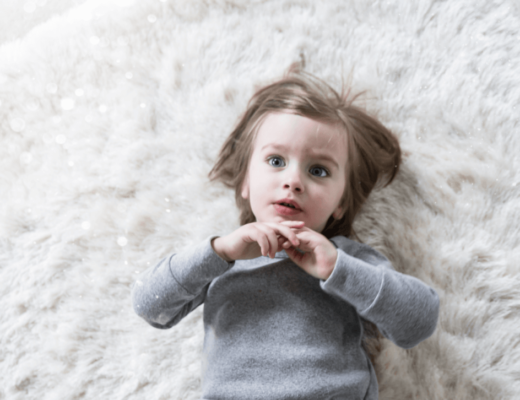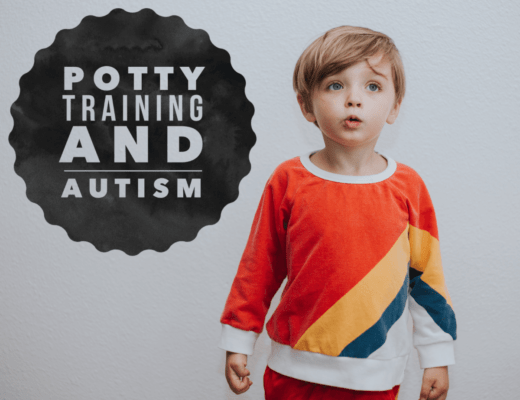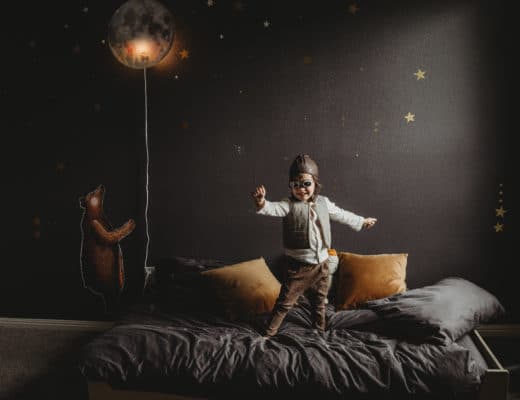Eight years ago, I was diagnosed with Autism Level 1.

For a while, that label fit. It made sense. It explained the parts of me I didn’t understand, the struggles I’d quietly been through my entire life, the quirks people didn’t always love but defined me nonetheless. It was a relief, at first—a lightbulb moment. But now? Now, I feel almost ashamed of it. Not because I’m ashamed of being autistic, but because of what that diagnosis has come to mean in the echo chamber of social media.
The autism spectrum is broad, nuanced, and wildly misunderstood. But you wouldn’t know that if you listened to some of the self-diagnosed or level 1 voices shouting over everyone else. They’re loud, sure, but they lack nuance. They’ve weaponized their perspective to dismiss anyone who doesn’t fit neatly into their narrative. And they’re drowning out the voices that need the most support and awareness—those of profoundly autistic individuals and the caregivers who fight for them every single day.
They mock caregivers like me for daring to share our truth.
They claim “severe autism” isn’t real, as if my son doesn’t exist.
They cry “ableism” at every turn but seem blind to their own hypocrisy. Let me be clear: I believe self-diagnosis has its place. But if they can self-diagnose, surely I can self-diagnose too, right? And today, I’m diagnosing myself as fed up.
Autism is a spectrum. My son is on one end of it, struggling with things most people can’t even fathom. He can’t communicate, he can’t be left alone for a second, and yes, he swallows screws. My challenges as a caregiver are light-years away from the experiences of someone who can wax poetic about masking while managing a TikTok account with 100,000 followers. But according to them, our reality doesn’t matter.
I don’t want to be lumped in with these voices anymore. If my level 1 diagnosis ties me to that toxicity, then I’m cutting the cord. Because their one-sided narrative is doing damage—not just to caregivers like me, but to the entire autism community.
If we want real acceptance, we need real awareness. And real awareness means acknowledging the entire spectrum.
Not just the shiny, Instagram-ready parts of it, but the hard parts too. The kind that makes you cry in the bathroom or Google “how to stop your kid from eating drywall” at 3 a.m. The kind that’s real, raw, and human.
We can do better. We have to.




2 Comments
Vivienne Raper
2025-01-02 at 2:11 PMEileen, I have a genuine question (I’m a science journo and I’m considering writing an article at some point). Does Charlie also have a learning disability or global developmental delay (diagnosed or suspected)?
My understanding, from talking to a scientist, is that ‘familial autism’ (my term) has radically different inheritance patterns than the sort of autism that leads to children not understanding they shouldn’t eat drywall. If that’s correct, you’re a neurodivergent mum of a neurodivergent kid with a ‘de novo’ severe learning disability – not the autistic mum of a profoundly autistic kid.
This matters to me personally because I’ve noticed a lot of families of autistic kids with learning disabilities being baffled by my eldest. Despite being visibly smart and articulate, he has support needs in school even higher than some of their kids, who are incontinent and non-speaking. I’d say he is ‘severely disabled by his autism’, as he needs a full-time support worker because of the severity of his sensory issues, associated meltdowns and related anxiety.
However, my eldest (obviously) doesn’t eat dangerous substances or need 24/7 supervision. I say (once) “don’t drink that, it’s medicine and you should only take 2ml or you’ll end up in hospital” and he doesn’t drink it. This is what it means to learn things.
I just don’t know if it’s possible for someone to consciously know that screws aren’t a food substance or that they shouldn’t compulsively eat melatonin, but somehow be unable to resist the temptation to do so (?). Speaking as the mum of two DME/2e kids, one whom I shout “don’t chew damn Lego, you’ll choke, why don’t you get a sensory chew out the drawer when you need to chew, dammit?” at least once a day, once you get into the wilds of atypical brain development, you just never know…
Andrea Morgan
2025-01-13 at 9:19 AMDe novo mutations are associated with autism with more severe intellectual difficulties. However there are numerous examples of heritable autism where a child has a severe intellectual deficit. The thing is they are finding that a mother’s immune system plays a big part. It seems that the degree to which the mothers immune system attacks her child’s growing brain is promoted by infections during pregnancy and the mothers own autoimmune issues. Diabetic women are more likely to have an autistic child (inflammation etc)